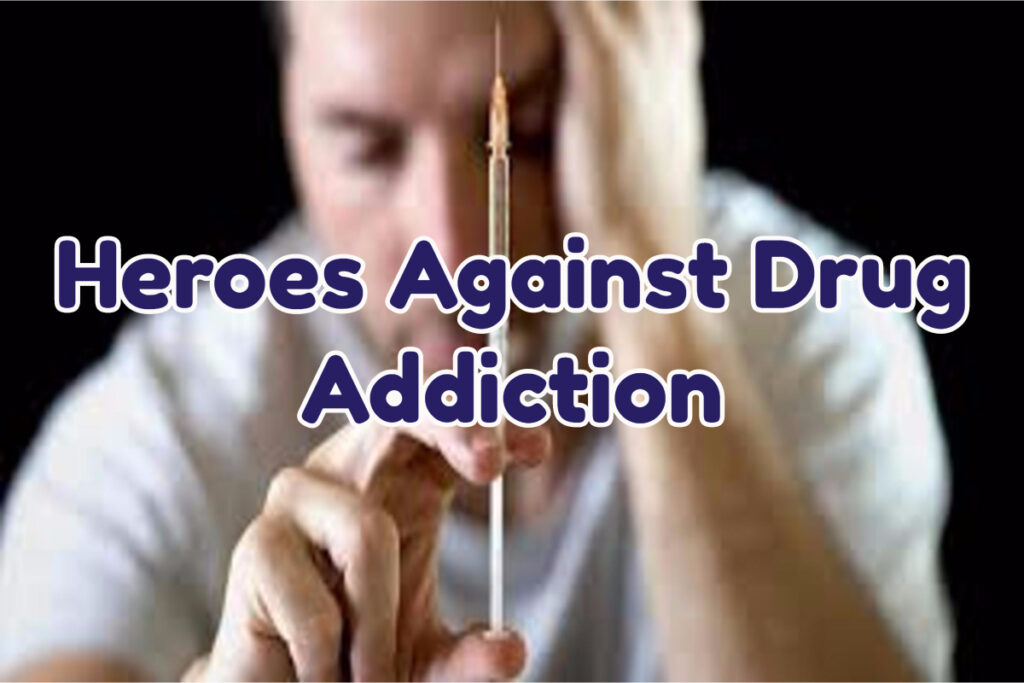
Addiction is a global crisis, touching lives in every country, regardless of socioeconomic status, culture, or geography. The World Health Organization (WHO) estimates that over 35 million people worldwide suffer from substance use disorders, and this number continues to grow. As addiction takes its toll on individuals, families, and communities, it has become clear that addressing this challenge requires a united, global effort. By bringing together doctors, researchers, and healthcare professionals from across the world, a more coordinated and effective response to addiction can be achieved.
Addiction: A Global Health Challenge
The patterns of substance use and addiction vary across regions, driven by cultural, economic, and environmental factors. In North America, the opioid epidemic has become one of the most pressing public health emergencies, while in parts of Asia and Africa, alcohol abuse and the rise of synthetic drugs are creating significant challenges. These regional variations highlight the need for tailored treatment approaches, yet they also underscore the potential for shared learning and collaboration.
Addiction is not just a medical issue but a social and economic one as well. It leads to increased healthcare costs, lost productivity, and social instability. These far-reaching consequences demand a global strategy that pools resources and expertise to tackle addiction from multiple angles, including prevention, treatment, and policy reform.
Uniting Doctors Through Global Networks
One of the most powerful ways to fight addiction is by fostering collaboration among doctors worldwide. Medical professionals are often on the front lines of addressing addiction, treating patients in emergency rooms, clinics, and rehabilitation centers. By uniting these practitioners through global networks, they can share their experiences, insights, and successes, enriching the collective understanding of addiction treatment.
Organizations such as the International Society of Addiction Medicine (ISAM) and the Global Addiction Academy play a critical role in connecting doctors across borders. These platforms facilitate the exchange of research, clinical practices, and policy recommendations. Conferences, webinars, and collaborative research projects are key tools that allow healthcare professionals to learn from one another and adopt evidence-based practices that have been proven effective in different contexts.
Learning from Diverse Perspectives
Doctors from different regions bring unique perspectives to the fight against addiction. For example, in countries with limited resources, physicians often develop innovative, low-cost treatment methods that can be adapted in other parts of the world. Similarly, countries with advanced healthcare systems can share the latest research findings and cutting-edge technologies, such as telemedicine, which can help bridge the gap in regions with limited access to specialists.
The global exchange of knowledge also fosters a better understanding of cultural factors that influence addiction. For instance, stigma surrounding substance use disorders varies widely, and understanding these cultural nuances can help doctors provide more compassionate and effective care.
Overcoming Barriers to Collaboration
While the benefits of global collaboration are clear, there are challenges to uniting doctors in the fight against addiction. Differences in language, healthcare systems, and funding can create barriers to effective communication and implementation of shared strategies. However, advancements in technology, such as online translation tools, teleconferencing platforms, and data-sharing networks, are helping to bridge these gaps.
Moreover, international organizations and governments are increasingly recognizing the need to address addiction as a global priority. By investing in collaborative initiatives, they can provide the necessary resources to support doctors and researchers in their efforts.
Conclusion
Addiction is a complex and multifaceted challenge that requires a global response. By uniting doctors through international networks and fostering collaboration, we can accelerate progress in the fight against addiction. Sharing knowledge, learning from diverse perspectives, and working together to develop innovative solutions are essential steps toward addressing this crisis. As doctors and healthcare professionals join forces across borders, they bring hope to millions of individuals and families affected by addiction, building a future where effective treatment and support are accessible to all.
